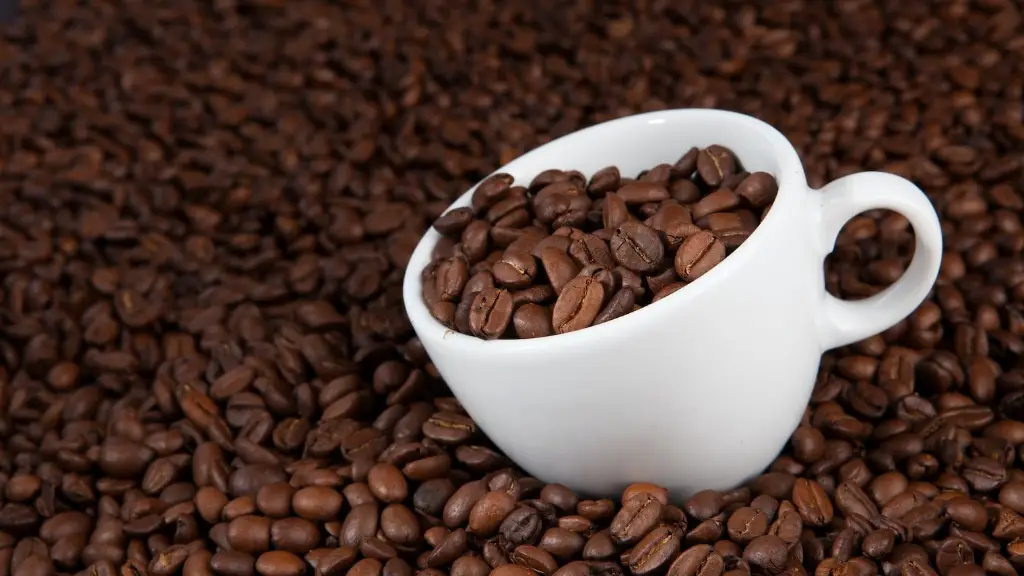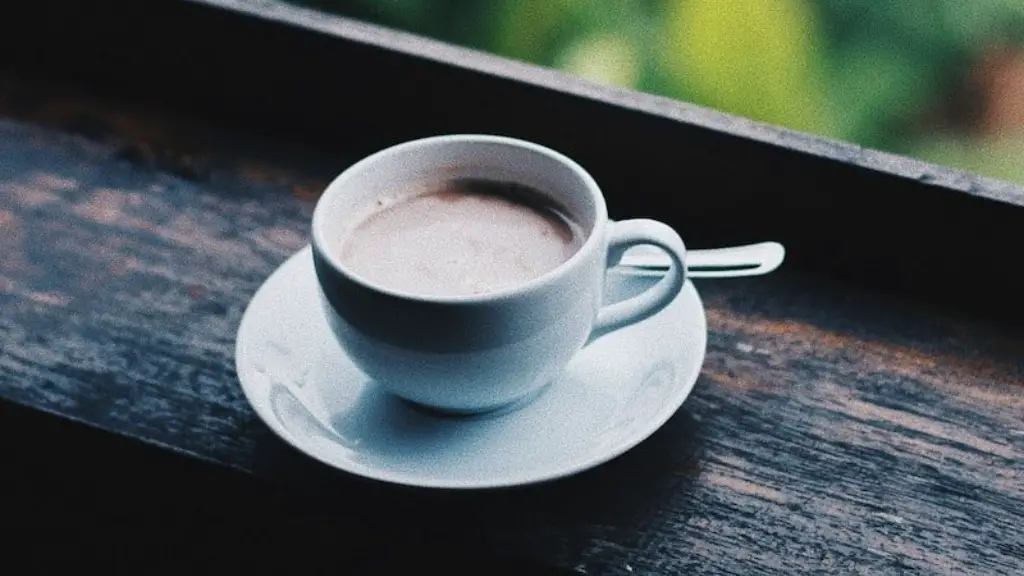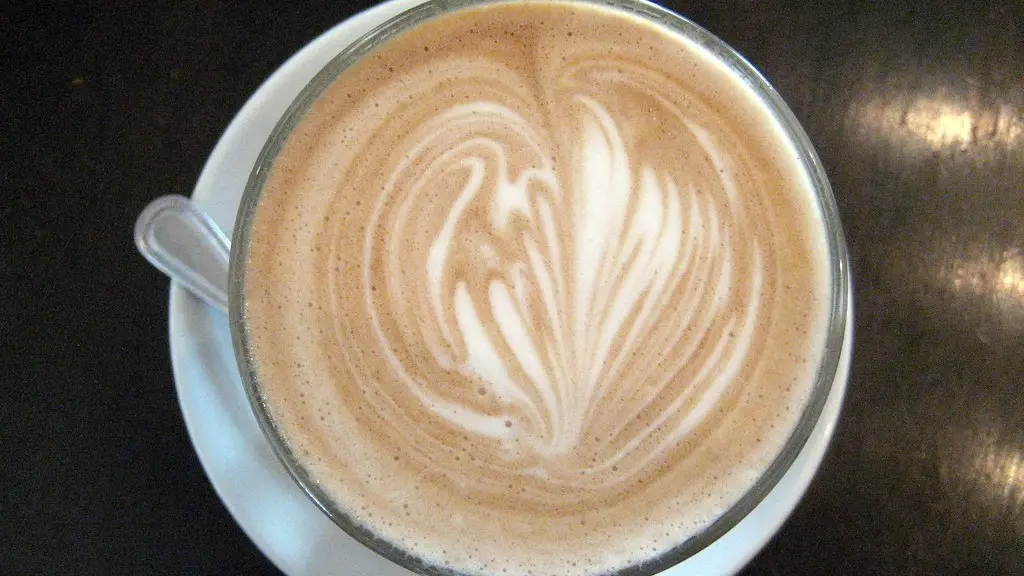Introduction
Coffee is one of the most popular beverages worldwide, with millions of people consuming it every day. Many of us enjoy it so much that we can’t even contemplate going without it in the morning. However, if you have recently whitened your teeth, you should be aware that coffee may be detrimental to the stability of your new pearly whites. Keep reading to find out more on how long after whitening can you drink coffee and the consequences of not waiting for long enough.
Possible Side Effects
Consuming coffee too soon after a teeth whitening treatment can cause staining. Since hydrogen peroxide is often the main active ingredient used in the whitening process, it is possible for the coffee to interfere with this powerful chemical, reducing its effectiveness and countering your progress to a whiter smile.
Long term effects of drinking coffee right after a teeth whitening treatment can include discolouration, not to mention the gradual erosion of enamel caused by the acidic compounds found in it. All of this can have a largely negative long-term effect, potentially necessitating extensive repairs.
What Do The Experts Say?
Most dentists advise that it’s best to wait at least 48 hours after a whitening treatment before drinking coffee. This gives the hydrogen peroxide enough time to work, and greatly improves the results of your whitening treatment.
The head of an American dental college recommends that people wait a maximum of 72 hours before returning to their usual caffeine habits, and that a small cup of coffee be consumed first, instead of a large one.
Another dentist stresses the importance of resisting the temptation to indulge in coffee as soon as possible. His study found that drinking coffee and other acidic drinks too soon after a whitening procedure can reduce the hydrogel microstructure and lead to splotchy enamel.
What Can You Do?
If you must have your morning cup of coffee, you can take precautions to minimise the damage that it might cause. Low-acid brands of coffee are available, and you should also make sure to brush your teeth half an hour before and after drinking coffee.
You can also look into over-the-counter whitening treatments that may provide quicker results and more immediate protection. Some of these treatments are less invasive, but you should consult with a professional dentist before using them.
Dietary Considerations
It’s not just acidic drinks like coffee that can be detrimental to your teeth. Foods that are high in sugar and starch, such as candy and chips, should also be avoided for at least 48 hours after a whitening treatment.
As a general rule, you should minimize your intake of sugary and acidic foods and drinks in order to protect your teeth. This includes anything containing citric acid, such as lemonade and some soft drinks.
You should also reduce your intake of carbonated drinks, as they may also weaken teeth. You should also include plenty of teeth-friendly foods, such as apples, bananas, celery, carrots and nuts, as they can help protect your teeth against decay and erode white spots.
Teeth Whitening Alternatives
If you’re determined to whiten your teeth but don’t want to wait too long before consuming coffee and other acidic foods, there are other alternatives to professional whitening treatments that may be more suitable for you.
Teeth whitening products, such as strips and gels, are available online. Home whitening kit treatments are also available, which typically entail brushing with a peroxide-based gel for 10 minutes per day for 14 days. While this can lead to faster results than professional treatments, the results may not be as dramatic and it’s important to take extra care when using them.
What Products Should You Avoid?
You should always avoid over-the-counter teeth whitening products that don’t state that they use hydrogen peroxide as an active ingredient, as these are likely to contain abrasive ingredients that can weaken your enamel. Additionally, these treatments often have weaker results and may not deliver the desired whiteness.
Similarly, you should avoid whitening toothpastes, as these are often too abrasive and can weaken and erode the enamel of your teeth.
Oral Hygiene Practices
Brushing your teeth twice a day and flossing regularly is essential for keeping your teeth healthy and white. Adding a mouthwash to your routine will help to keep the bacteria in your mouth at bay and minimize the chances of staining.
It’s also useful to invest in teeth-whitening kits specifically designed for brushing and flossing. There are many kits on the market that include a toothbrush, toothpaste, and floss specifically designed for whitening your teeth. These products may cost a little more than a standard toothbrush, but they are worth the extra cost as they are more effective at removing stains and working to keep your teeth white.
Regular Professional Cleanings
It’s important to get your teeth professionally cleaned every six months, as this will keep them looking fresh and white. Visiting a dentist regularly also ensures that they can identify any underlying problems that may be contributing to the discolouration of your teeth.
Your dentist will be able to recommend any further treatments that may be necessary to keep your teeth looking their best.
Professional Teeth Whitening Options
Professional teeth whitening treatments come with a range of advantages. Typically, they are administered by trained professionals who have the knowledge and expertise to safely carry out the procedure. They will also be able to advise you on how to maintain a white, healthy smile for the long term.
Professional teeth whitening treatments are also more effective than at-home treatments, and can give you immediate results. For a more permanent solution, you should ask your dentist about veneers or a custom-fitted dental tray. Both of these options are more expensive, but they do provide a long-term solution.
Conclusion
While drinking coffee too soon after a whitening treatment can lead to staining, it’s important to take the necessary precautions to minimise the damage that it may cause. If you wait 48-72 hours before indulging in your favourite caffeinated beverage, then you can ensure that you enjoy the full benefits of your teeth whitening treatment for longer.


